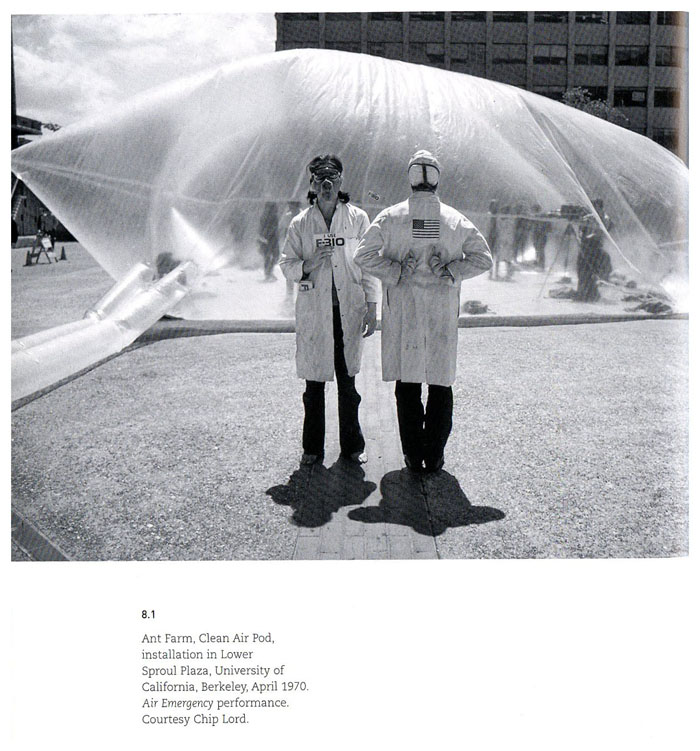Critic Evgeny Morozov rightly thinks we should distrust brands like Google and Facebook, but we should probably also save some skepticism for his brand: the techno town crier, the self-styled cassandra, the one who sees the Google Glass as half empty. He makes his way in the world by telling us that if the sky isn’t falling then it’s at least not as high as we think. And when someone raises money and esteem from a consistent stance, we probably should question the rigidity of the pose. His articles range from the marvelous to the meh, though that isn’t surprising for a 29-year-old writing at a breakneck pace. I like him; I question him.
From a new profile of Morozov by Michael Meyer in the Columbia Journalism Review:
“As Morozov watched the cyber-utopian fad grow, his distrust of it began to harden into a cyber-pessimism that could at times be just as dogmatic. After leaving Transitions, Morozov eventually ended up as a fellow at OSF (a funder of Transitions), which brought him to New York in August 2008. The following year Morozov gave—wait for it—a TED talk in Oxford called, ‘How the Net Aids Dictatorships.’ This was sort of a coming-out party for Evgeny the skeptic, and an important step in turning that skepticism into a brand. It’s another video worth watching and quite a contrast to his enthusing about crowdsourcing just two years before. In the video, he stands in the middle of the stage wearing a wrinkled blue shirt open at the neck. There is a humble, self-effacing air about him, as if he barely expects to be listened to. His only gesture is to move his hands up and down, often in unison, as he emphasizes his points about how all the digital tools and ideas the audience is so excited about are enabling surveillance and targeting of dissidents by thugs and autocrats worldwide.
“Evgeny becomes attached to particular ideas that he believes, for the good of the thinking public, need to be debunked,” says OSF’s Benardo. He compares Morozov to social critics like Karl Kraus and Dwight MacDonald, professional buzzkills who “felt almost divinely anointed” in their efforts to tear down false hopes and received wisdom.”
Tags: Evgeny Morozov, Michael Meyer

